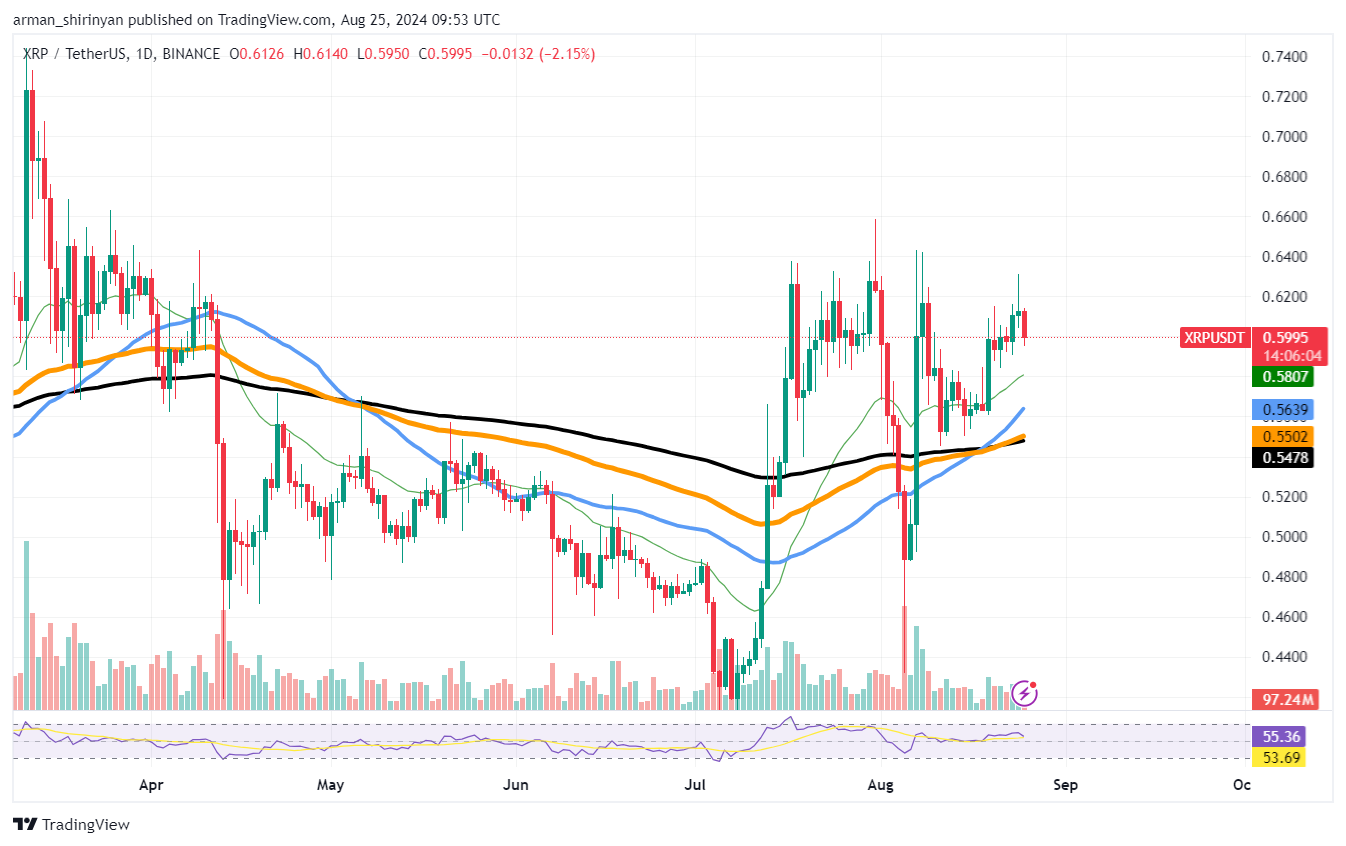Advertisement
A flurry of claims about an EU-wide ban on anonymous crypto wallets and transactions has been debunked by industry expert Patrick Hansen. In a lengthy thread on the X social media network, Hansen has explained what the EU’s Anti Money Laundering Regulation (AMLR) actually entails for the industry.
Understanding the AMLR’s reach
The AMLR, contrary to widespread belief, does not single out cryptocurrency regulations. Instead, it serves as a broad anti-money laundering and counter-terrorism financing (AML/CFT) framework applicable to a range of institutions deemed “obliged entities” (OEs).
These entities span financial sectors, including crypto-asset service providers (CASPs). They also extend to non-financial institutions prone to AML/CFT risks (such as sports clubs and gambling services).
Importantly, the regulation explicitly exempts providers of non-custodial wallets from its obligations.
Impact on anonymous transactions
A crucial aspect of the AMLR is its application to CASPs, including exchanges and brokers regulated under the Markets in Crypto-Assets (MiCA) framework. These providers are required to adhere to standard KYC/AML procedures, including customer due diligence (CDD).
This means the prohibition of anonymous accounts and services for users of custodial crypto businesses. Additionally, CASPs are barred from offering accounts for privacy coins, a practice already commonplace in the global crypto exchange landscape due to existing AML rules.
Nothing new?
Despite Hansen’s criticisms of certain AMLR provisions, the regulation, as he points out, largely reaffirms existing AML/CFT rules for CASPs and OEs.
It has not introduced radically new restrictions on self-custody payments, wallets, or peer-to-peer transfers.
According to Hansen, the regulation poses an “extremely limited” impact on the crypto sector within the EU.







